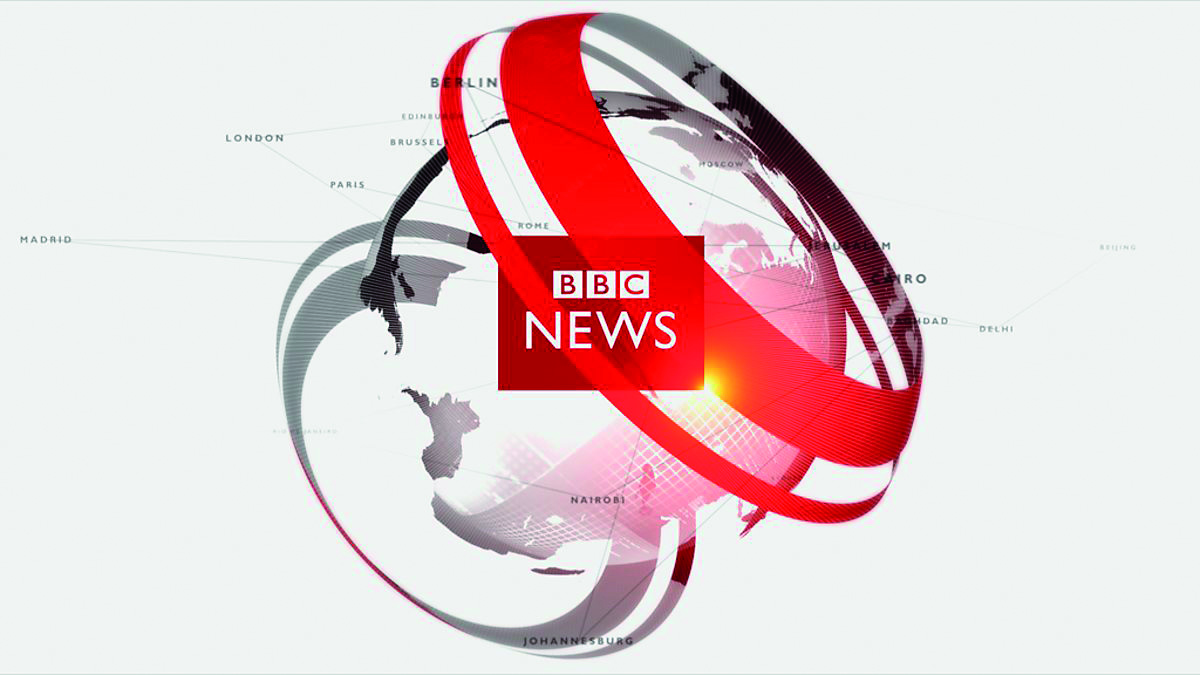by Julian Petley
What has resolutely united such unlikely bedfellows as the Guardian and the Telegraph, the Mail and the Mirror? It’s the Cliff Richard judgement, and their objections to it are as wrong-headed and ill-informed as they are unanimous.
Briefly, they are concerned that Mr Justice Mann “has decided that article 8 [of the European Convention on Human Rights], the right to privacy, now trumps article 10, the public right to know” (Guardian). He has also “effectively declared it unlawful for media organisations to name anyone under investigation by the police” (Telegraph). In such a situation, the Guardian asks: “How are police to be held accountable for their actions unless we reveal what they have done and are doing?”
Where such claims are not simply factually wrong, they rest on a conception of press/police relations which is so idealised as to be utterly delusional.
First, Mr Justice Mann decided that Article 8 trumped Article 10 in this case only. In every case involving these two articles, the courts make it abundantly clear that neither right is absolute, and that each has to be balanced against the other according to the specific facts of the actual case. Newspapers know this perfectly well, but habitually ignore it in their reporting of such cases.
Mr Justice Mann noted that the question of whether a police investigation can give rise to a legitimate expectation of privacy had not previously been the subject of clear judicial determination.
In his view, as a matter of general principle it does give rise to such an expectation. But, leading on from the above point, he ruled that the question is not susceptible to a “universal answer” as it depends on the specific facts of each particular case. Thus the expectation is not an “invariable right to privacy”, as there may be reasons why the expectation may be displaced However, the reasonable expectation is the starting point.
This is all clearly laid out in paras 248-51 (.pdf), but, again, was simply ignored in most press reports.
Third, the judgement is nothing like as novel or aberrant as the press makes out. For example, in its response to the Home Affairs Select Committee report on pre-charge bail in 2015 (.pdf), the government agreed that there should be a general right to anonymity before charge, except in circumstances where the public interest dictates that an arrested individual should be named.
The Leveson Inquiry concluded that “the names or identifying details of those who are arrested or suspected of a crime should not be released to the press nor the public” (.pdf), and the College of Policing Guidance on contact with the media agrees, simply adding “save in exceptional circumstances where there is a legitimate policing purpose to do so”. No such public interest or exceptional circumstances could remotely convincingly be claimed in this case.
Finally, the papers’ response to the judgement implies a press that watches hawk-like over the police, ever-eager to champion victims of heavy-handedness and injustice. With honourable exceptions, nothing could be further from the truth.
As the fate of Christopher Jefferies illustrated all too clearly, once the police have a suspect in their sights in a high-profile case, they and significant sections of the press energetically collude in darkening the suspect’s name – the police in the hope of influencing any subsequent trial, and the press in pursuit of sensational copy.
Indeed, newspapers have acted as unofficial prosecutors in numerous cases in which police behaviour has been at best thoroughly oppressive and at worst deeply corrupt: Winston Silcott, the Guildford Four, the Birmingham Six, the Maguire Seven, Colin Stagg and Barry George to name but a very few from a long list.
If the Cliff Richard judgement puts a stop to such collusion, it will have struck a very considerable blow for justice and against the flagrant abuse of press power.
This article was first published in CPBF’s journal Free Press No 216.

Leave a Reply